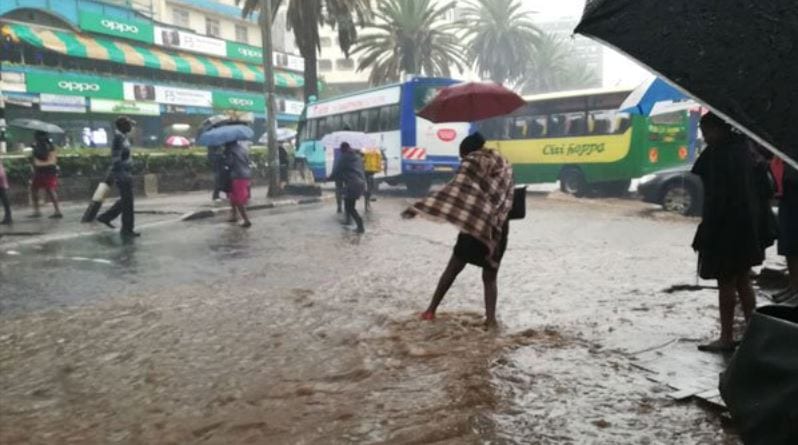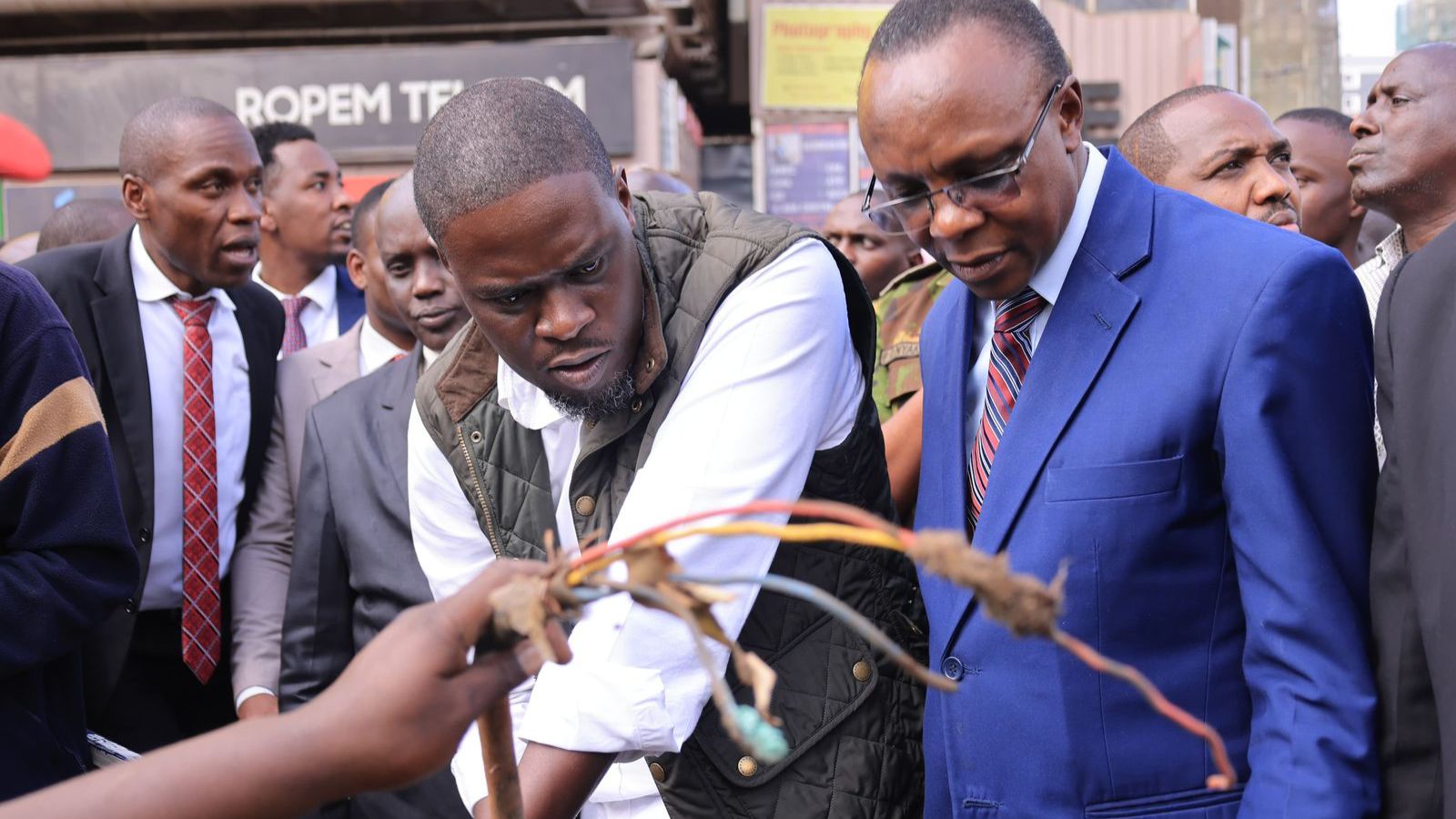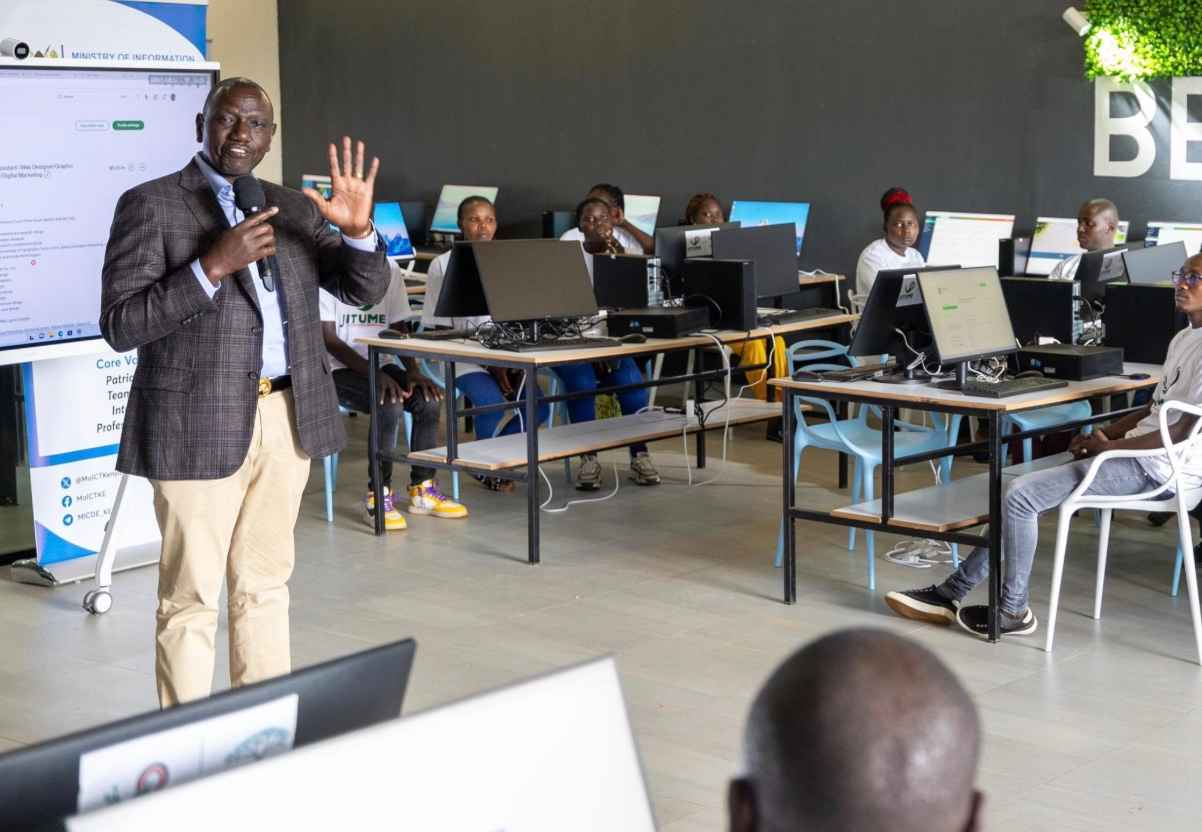Chief Justice Martha Koome has responded to claims that she influenced the decision to charge protesters under the Prevention of Terrorism Act, clarifying the context of her remarks following the June 25 attack on the Kikuyu Law Courts.
In a press release on Wednesday, July 23, Koome explained that her remarks were made in direct response to the Kikuyu Law Courts attack and were based on the information available at the time.
"On 25th June 2025, the Kikuyu Law Court and nearby government offices were destroyed and set ablaze. I visited the scene on 26th June 2025 and issued a public statement about the incident.
"At the time, based on preliminary security briefings received immediately following the incident, I stated that the destruction was not carried out by local residents or peaceful protestors. Instead, the attackers were individuals brought in from outside Kikuyu, with the specific intention of destroying the court and adjacent public property," she said.
Koome distanced the comments from any other protests, individuals, or locations.
Read More
"The attack on the court and surrounding offices appeared organised and deliberate. My remarks when I visited the site were made in direct response to the attack on the Kikuyu Law Court and reflected the security briefing received at the time. They were specific to that incident and not meant to apply to any other protests, events, individuals, or locations," she added.
Koome acknowledged that her statement was later used to justify terrorism charges against arrested demonstrators, notably by the Office of the Director of Public Prosecutions (ODPP).
"Since then, I have followed public discussions and media commentary about my statement, including one by the Office of the Director of Public Prosecutions (ODPP) on 21 July 2025, which referred to my remarks in relation to cases being pursued under the Prevention of Terrorism Act," she further said.
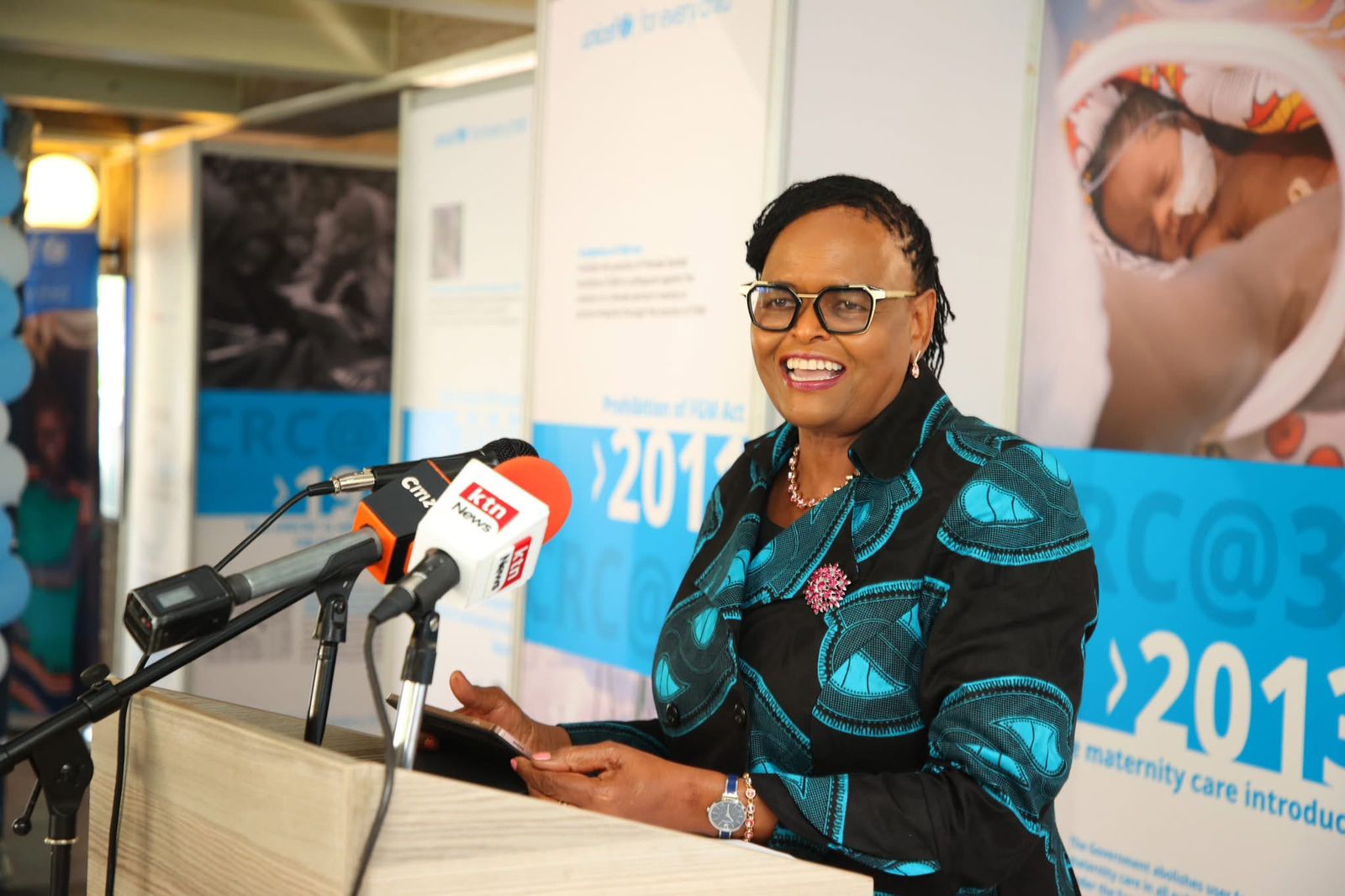
Koome went on to stress that the constitution guarantees the independence of both the DPP and the National Police Service, and that no individual can influence their actions.
"It is important to emphasise that the Office of the Director of Public Prosecutions is fully independent, as guaranteed by Article 157(10) of the Constitution. This means that the DPP cannot be directed or influenced by any person or authority. This independence is further protected by internal guidelines, such as the Decision to Charge Guidelines.
"Likewise, the National Police Service operates independently under the command of the Inspector General, as set out in Article 245(2)(b) of the Constitution, particularly in matters involving investigations. Therefore, all decisions to investigate or prosecute must be based on credible evidence and the law. They are not influenced by public statements made by any individual, including the Chief Justice," she stated.
In a statement on Tuesday, July 22, the ODPP responded to concerns over the recent wave of terrorism-related charges against protesters, stating that investigations had uncovered evidence of attacks targeting key government institutions.
"The ODPP upholds the vital role of a free press and a vibrant civil society in fostering accountability and strengthening democratic governance.
"However, the charges under the Prevention of Terrorism Act should be understood within the framework of established legal thresholds and national security imperatives rather than interpreted as efforts to suppress legitimate political expression," the statement read.
It was in the statement that the ODPP pointed out the torching of the Kikuyu Law Courts, which saw Chief Justice Martha Koome term the incident an act of terrorism.
"Chief Justice Hon. Justice Martha Koome, speaking on 26th June 2025 after inspecting the damage at the Kikuyu Law Courts, which was torched during the demonstrations, described that incident as 'not merely an act perpetrated by criminal elements but an act of terrorism'," the statement added.
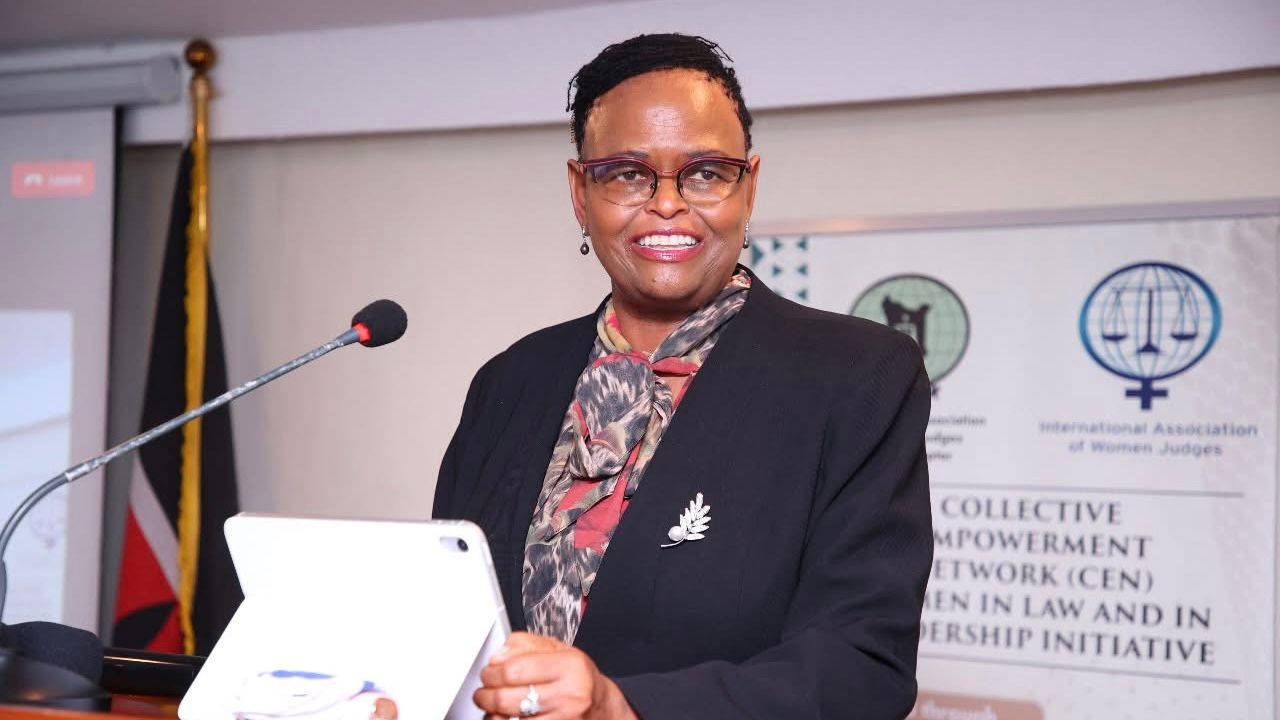
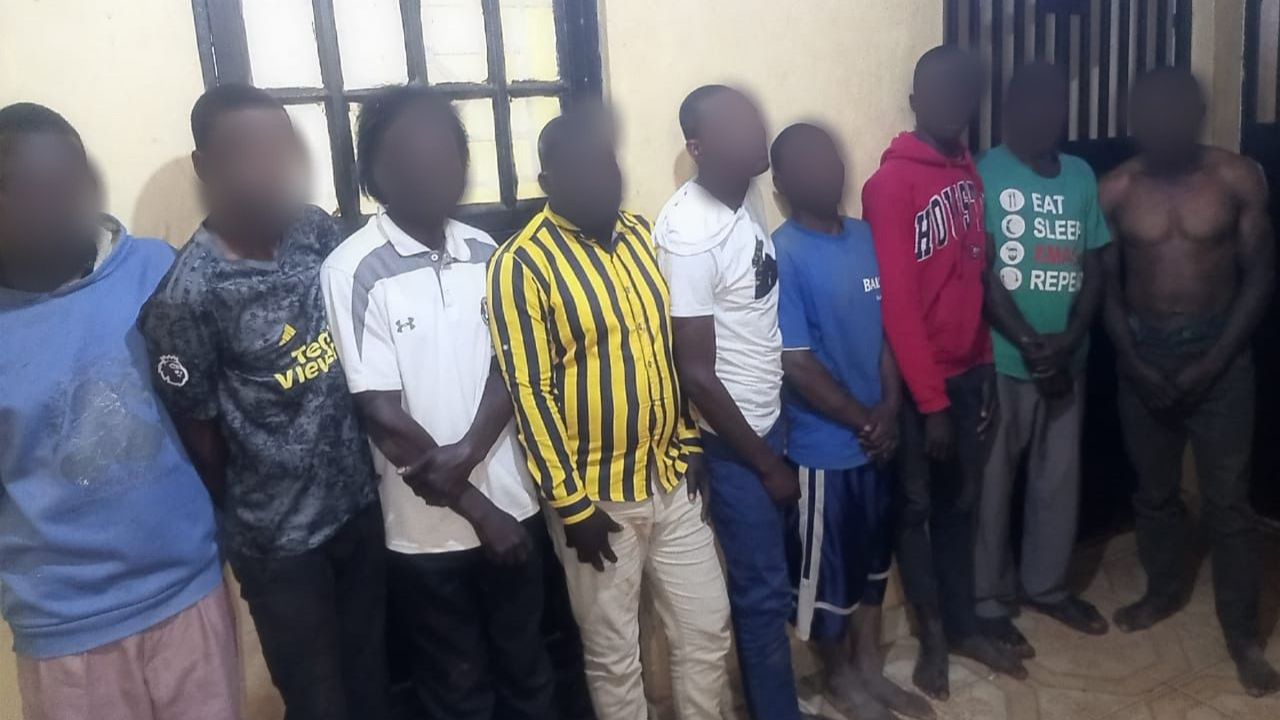
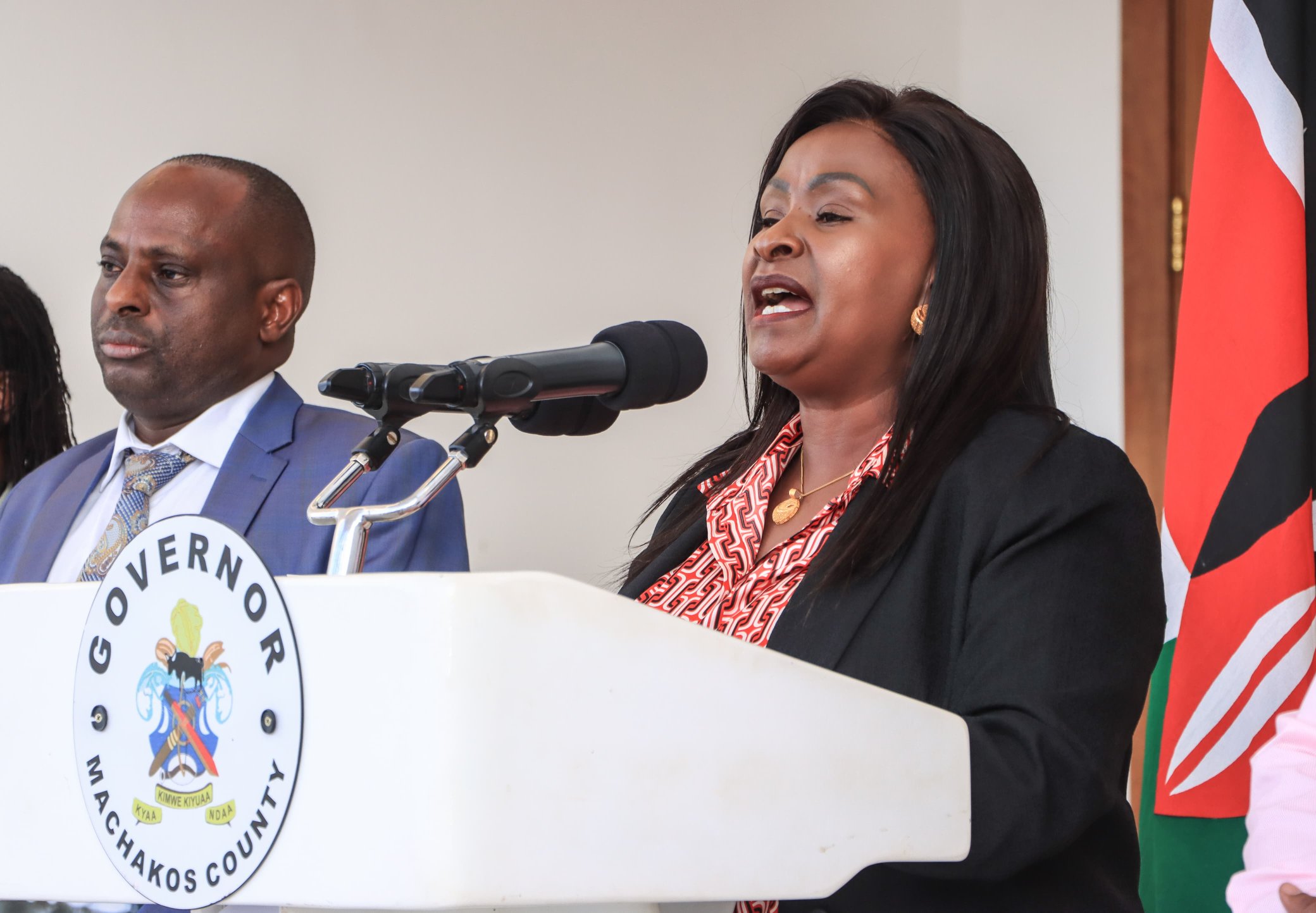
-1757395732.jpg)
